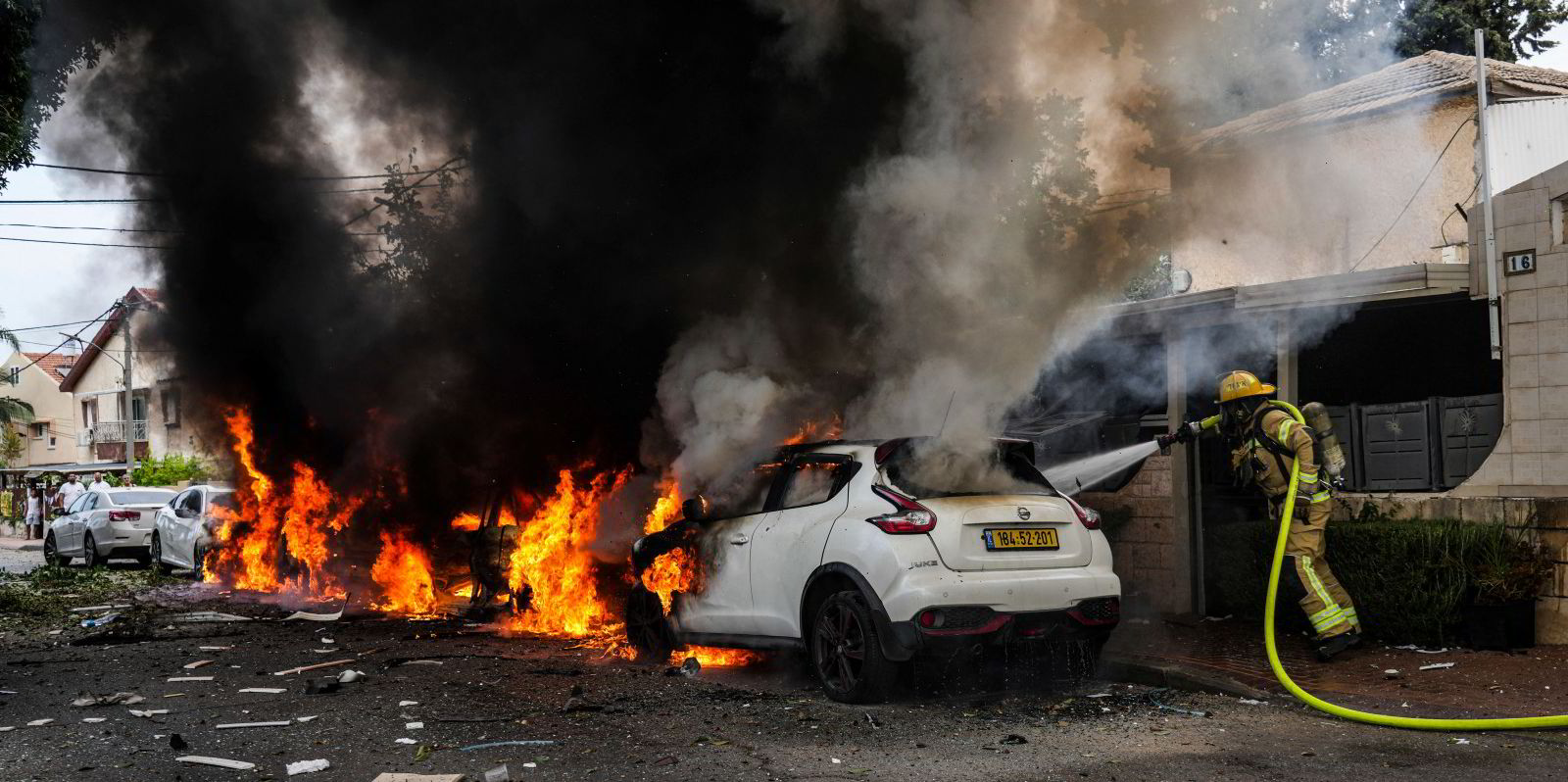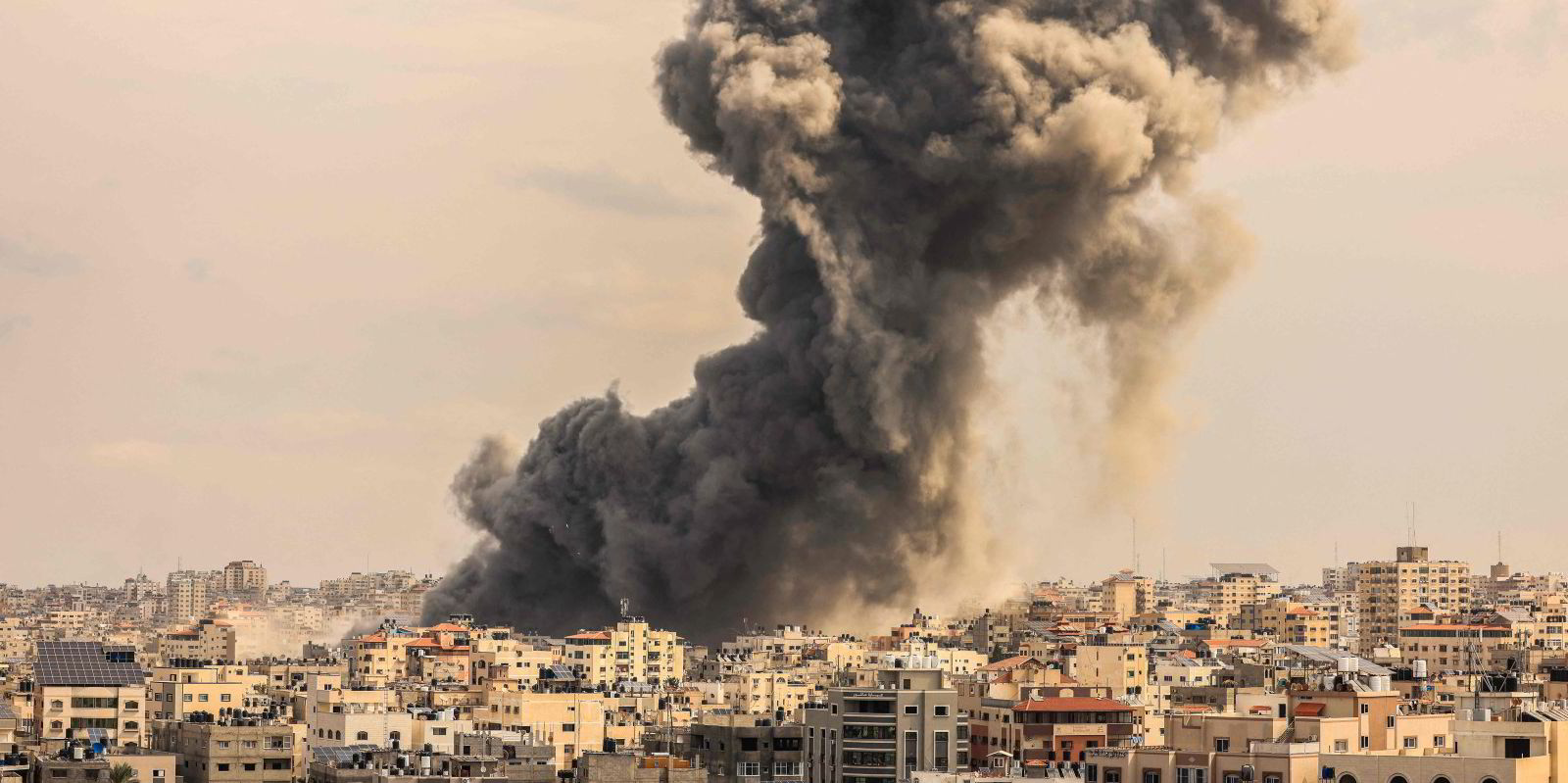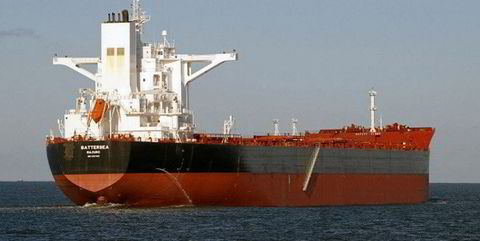The reignition of conflict in Israel could take Iranian oil trades completely off the table, Rystad Energy warned on Tuesday.
The research outfit said if Israel is able to blame Iran for the Hamas attacks — which have reportedly killed more than 1,500 people, both Israelis and Palestinians — it could end the softening relations between Tehran and Washington.
The two sides have been talking on and off for years, with a potential outcome: the return of Iranian oil to above-board trading and a boost for crude oil tankers.
“The most pronounced impact on the oil market is anticipated from secondary drivers, primarily stemming from the relationship between the Iranian government and Hamas,” Rystad said.
If Israel believes that Iran backed Hamas’ surprise attack over the weekend, it could lead “to a direct escalation against Iran”, although Rystad believes that is unlikely.
“A more probable outcome is Israel framing the narrative against Iran, pressuring its most important ally the US to pull back on the recent softening in relations with Tehran under President Joe Biden’s administration,” it said.
Figures from Rystad show Iranian crude exports surging by 700,000 barrels per day from the start of Biden’s term in the first quarter of 2021 to the third quarter of 2023.
Iranian oil briefly returned to above-board trades in 2015 after a deal with the US under then-President Barack Obama that lifted sanctions in exchange for limits to Iran’s nuclear programme.
The US dropped out of the multilateral deal in 2018 under former President Donald Trump. Biden began indirect talks with Iran when he took over from Trump.
The stop-start talks appear to have made headway, but no agreement on resurrecting the 2015 deal has been agreed.
The highest-profile agreement came last month, when the US agreed to unfreeze $6bn of Iranian funds held in South Korea in exchange for Iran freeing five American prisoners.
The dispute spilt over into shipping when Iranian forces seized the 17,400-dwt South Korea-flag product tanker Hankuk Chemi (built 2000) in early 2021 in apparent retaliation for Seoul agreeing to the account freeze.
It is thought the removal of sanctions on Iranian oil would boost tanker scrapping levels.
A significant portion of the global tanker fleet is 20 years old or older, and many of those ships are used to carry sanctioned oil. A decrease in the number of sanctioned cargoes could send those ships to the breakers.
According to Clarksons, no VLCCs or suezmaxes have been recycled this year.
Only two aframaxes, the 106,500-dwt Bradley and 105,400-dwt Gulf Venture (both built 1999), have been scrapped. Both were allegedly involved in Iranian oil trades.






